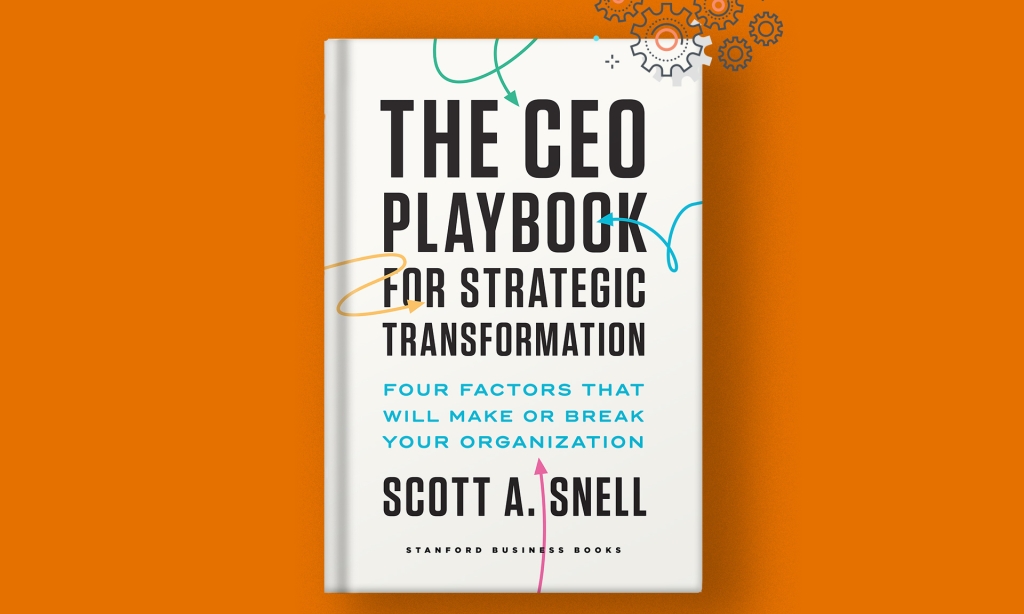

 Article
Article


Strategic transformation has become crucial for companies to remain competitive. Scott A. Snell’s new book, "The CEO Playbook for Strategic Transformation,” outlines four key factors for successful organizational change.
When Apple’s longtime design guru Jony Ive announced that he’d be starting his own agency, it meant major change. The situation serves as a case in point for any organization whose success rests on strategic human capital: If strategy is intrinsically tied to talent, how does a firm support that talent or proceed if that talent disengages?
What does it take to transform? What if the challenges are huge: globalization, economic uncertainty, technological disruption, market innovations, changes in customer expectations, new competition — maybe all of the above? Here’s how luxury goods distributor and retailer The Chalhoub Group is responding to a changing world.
Successful execution of a company’s strategy depends on four elements. Two of them are detailed here: architecture — the design of the organization — and agility in a landscape of change. Drawing from their recently published book, Scott Snell and Ken Carrig offer steps to excel at each and critical questions for leaders to ask.
The months must-reads for managing in the digital age, curated by the Ideas to Action editors
The 4A model of strategic execution is a system of interrelated, interdependent factors. Two of the four factors: alignment with core strategy and the ability to nurture talent to ensure future success. Drawing from their forthcoming book, Scott Snell and Ken Carrig offer steps to excel at each and critical questions for leaders to ask.
Strategy is important, but it’s execution that makes or breaks a company’s goals. It’s also one of the greatest challenges faced by CEOs and top management teams. Based on information collected across industries, the 4A framework can help businesses establish a playbook for practical, successful execution.
The key differentiator between bottom and top performers is not strategy but strategy execution. Professor Scott Snell delved into the topic at the Leadership in the Face of New Technology conference.
Enhancing execution capability is a three-step process. Overriding priorities are to (1) profile businesses in ways that are usable by the senior team, (2) do so using operational data currently accessible in the business, (3) provide rapid diagnostics of execution capability and (4) prioritize targeted intervention to address capability gaps.
A couple of years ago, during a strategic review process at SunTrust, an analysis of the banking financial services industry revealed something very interesting: Strategy alone did not differentiate high- from low-performing firms. The true differentiator between winners and losers turned out to be how well the strategy was executed.